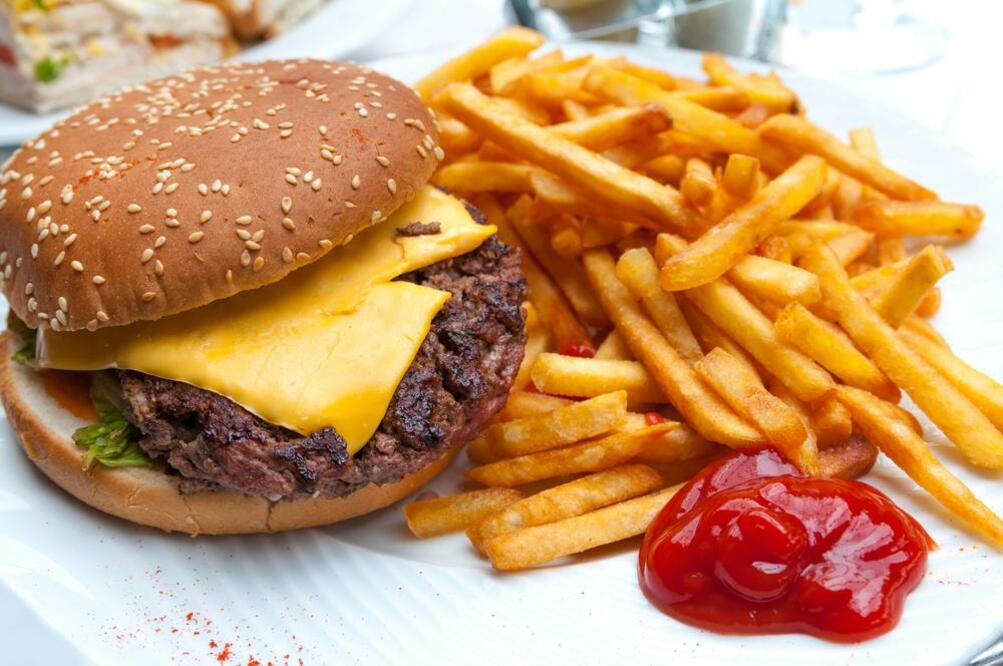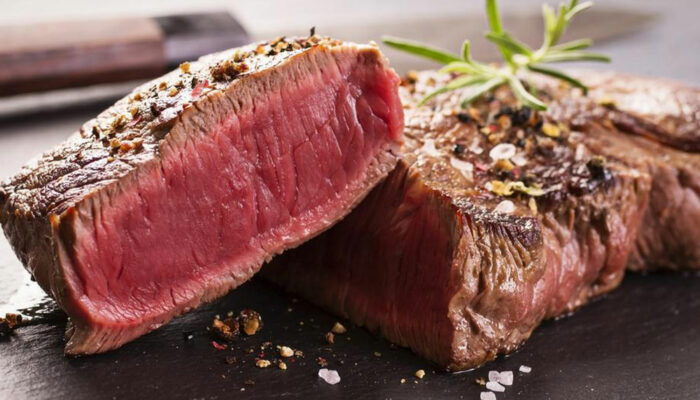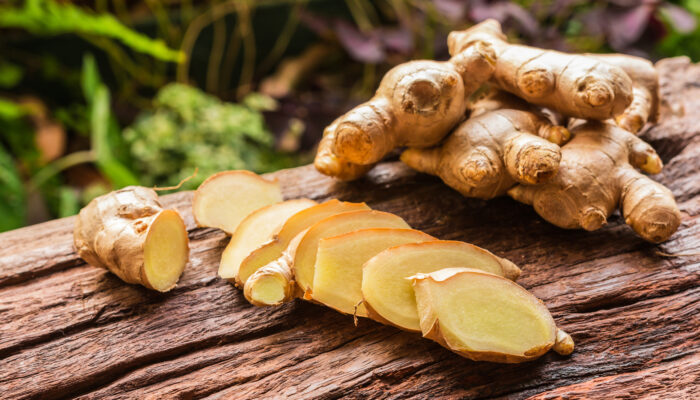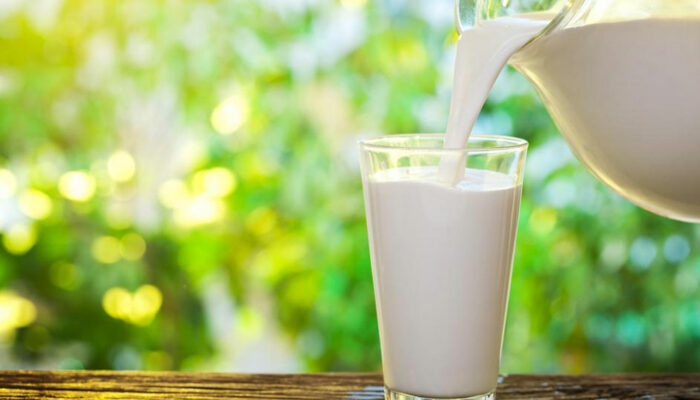
Foods to Completely Avoid with Diabetes
Diabetes is a disease that causes your glucose level, otherwise known as your blood sugar, to become too high. Type 1 diabetes, is a serious condition where the pancreas doesn’t produce any insulin or very little. Type 2 usually occurs in adults, which occurs when the body becomes resistant to insulin or doesn’t make enough insulin. Some diabetes symptoms include; frequent urination, blurry vision, and sores that won’t heal.
Patients who struggle with Diabetes Mellitus have to find ways of coping with the disease and their diabetes symptoms and they also have to make conscious health choices regarding food selection. Some foods cause health issues if consumed regularly:
1. Starchy carbohydrates
While carbohydrates are a significant source of energy, a person managing diabetes should exercise care when picking which carbs to eat and how to disperse them evenly throughout the day. The main types of carbohydrates in food are starch, fiber, and sugar. Carbohydrates alter blood sugar more levels than other nutrients. Carbohydrates that are high in fiber. Fiber is a healthy carb that people should consume daily. A sugar-free diet is best for persons managing diabetes. Diabetics should abandon:
• White bread, tortillas and cakes
• Jasmine, Basmati and all types of white rice
• White pasta e.g. penne and spaghetti
• Cereals, crackers and even pretzels
• Baked goods e.g., cakes, cookies and croissants
• Sauces and condiments with added sugar
• Candy bars and desserts
2. Fatty meats
The nutrient protein helps to build the body’s muscles and also maintain, and damage tissue. The body is capable of also breaking down protein into sugar, however, this process is less efficient than the breaking down carbs. Consuming red meat elevates the risk of diabetic complications even in small amounts. High protein foods are also shown to be high in saturated fat and can cause problems for people with diabetes. Meat sources to avoid:
• Red meat, e.g. beef and lamb
• Breaded, and meats containing high sodium levels
• Processed meats e.g. as bacon, and deli meats(cold cuts)
• Fatty cuts of meat
• Poultry with the skin on
3. Full fat dairy
Even though dairy foods provide the body with calcium, protein, and other valuable vitamins. They also contain a form of sugar called lactose. If they count the carbs in their meals daily, people living with diabetes can have dairy products in small quantities. Dairy foods to avoid entirely are:
• Full-fat cheese
• Whole milk
• Full-fat yogurt
• Sweetened yogurts
• Sweetened Milk-based drinks
• Full-fat ice cream
4. Trans fatty oils
Fats provide the body with essential fatty acids, one of these is omega-3, and this fatty acid is important for a healthy and well-balanced diet. Diabetics need to choose the right types of fat to prevent complications. Fats and fat derivatives to avoid are:
• Butter
• Oil-based dressings or dips
• Full-fat mayonnaise
• French fries
• Battered foods
• Burgers and most fast food
5. Sweet fruits
Fruits and vegetables though healthy should be eaten with care and should be fresh and never canned or dried as these contain added sugar and can spike blood sugar levels, which is bad for a mostly sugar free diet. Avoid foods like:
• Fruit juices and fruit drinks
• Jellies, jam and other preserves with sugar
• Canned vegetables with added sodium
• Applesauce(Sweetened)
A balanced diet for diabetics is attainable while eating a variety of nutritionally rich foods from each of the food groups and sticking to a sugar-free diet.



